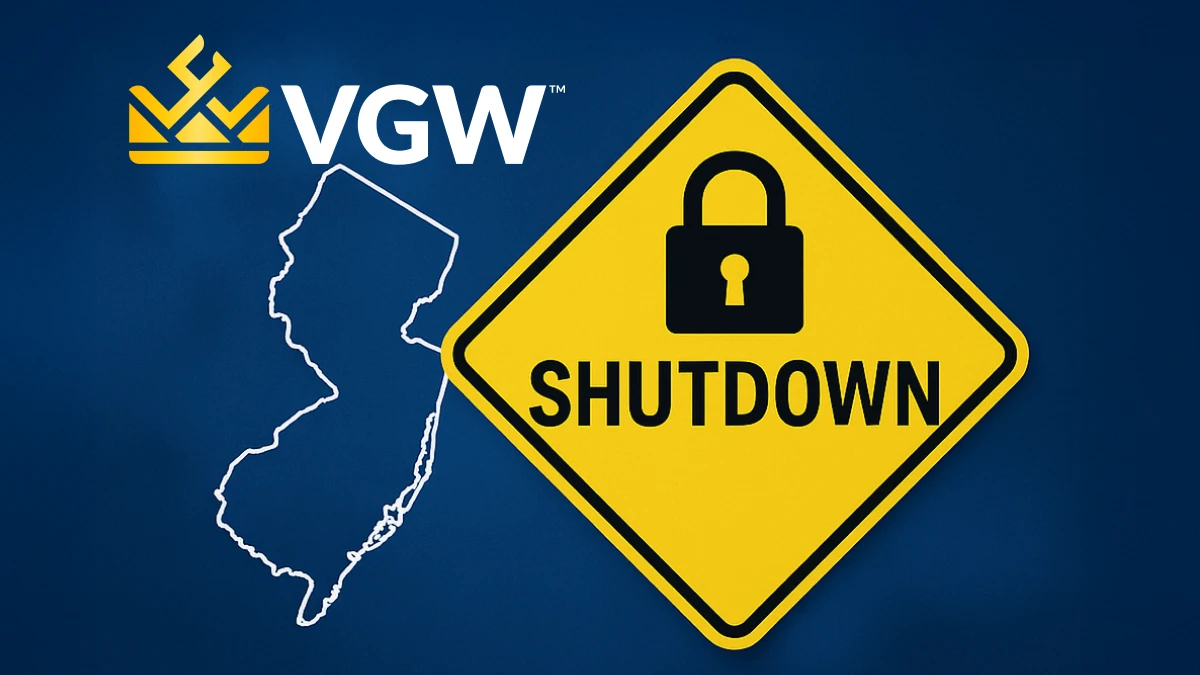Connecticut Joins the List of States Seeking to Ban Sweepstakes Casino Gaming

1.0
Default
There may be several states that want to ban sweepstakes casino gaming altogether, and Connecticut is the latest state to join the bandwagon. The bill, SB 1235, was filed with the Legislation Commissioner's Office after it got a favorable vote, and it has several clauses - including one clause that makes owning an illegal gambling enterprise a felony punishable up to five years in jail.
The Connecticut Senate's General Law Committee has taken a firm stance against sweepstakes gaming, approving a bill that would outlaw the practice in the state. Senate Bill 1235 (SB 1235) was passed unanimously by a 22 - 0 vote and has since been filed with the Legislation Commissioner's Office after a joint favorable action.
The bill, which includes multiple gambling-related provisions, aims to prohibit "certain persons conducting sweepstakes or promotional drawings" from allowing or facilitating simulated or real online sports wagering or casino gaming. This legislation, proposed by the Connecticut Department of Consumer Protection, is designed to close regulatory loopholes and strengthen enforcement against unregulated gambling practices.
If enacted, the bill would classify operating an unlicensed and illegal gambling enterprise as a Class D felony, carrying a penalty of up to five years in jail and a fine of $5,000.
Crackdown on sweepstakes gaming
Connecticut is among several jurisdictions in the US looking to make sweepstakes-based online gambling illegal. While the state already permits regulated online casinos, lawmakers are seeking to prevent sweepstakes gaming platforms from operating within its borders.
Unlike traditional online casinos, sweepstakes operators allow users to game for free but offer the option to purchase additional coins, which can be exchanged for real money and prizes. This model has caught the attention of regulators, particularly in states with legal and taxed iGaming industries, where lawmakers argue that untaxed sweepstakes businesses divert revenue from licensed operators.
Other states, including New Jersey, Maryland, Mississippi, and New York, have also introduced legislation to prohibit sweepstakes gaming.
Additional gambling regulations in SB 1235
Beyond targeting sweepstakes gaming, SB 1235 proposes several other regulatory measures. These include:
Lottery ticket sales restrictions: The bill seeks to prohibit the resale of lottery tickets and restrict ticket courier services.
Changes to collegiate sports betting: Under current Connecticut law, in-state college teams, such as the University of Connecticut (UConn), can only be bet on while in postseason play. If passed, the bill suggests modifying these provisions.
Expansion of wagering on combat sports: The bill includes language authorizing betting on certain boxing and MMA events.
Advertising restrictions: It seeks to limit certain types of gambling-related advertisements.
Parallel legislative efforts
The General Law Committee has also approved SB 1464, a separate bill that would allow the state to join multijurisdictional poker compacts. This move could expand online poker opportunities by permitting shared player pools with other states where online poker is legal. Additionally, SB 1464 addresses errors in sports betting and establishes maximum wager limits for sports betting online.
Meanwhile, in the Connecticut House of Representatives, the General Law Committee has approved House Bill 5269 (HB 5269). This legislation aims to prevent gaming entities from offering financial incentives designed to induce gambling behavior.
Implications for the gambling industry in Connecticut
If SB 1235 is enacted, it would reinforce Connecticut's commitment to regulated online gaming and consumer protection while closing loopholes that allow unregulated sweepstakes operators to thrive. With the bill's strong bipartisan support, it now moves forward in the legislative process, where further discussions and potential amendments will determine its final form.
As more states take action against sweepstakes gaming, industry stakeholders will be watching Connecticut's legislative developments. The outcome of this bill could have wider implications for the online gambling landscape nationwide, particularly when it comes to sweepstakes casino gaming.




















